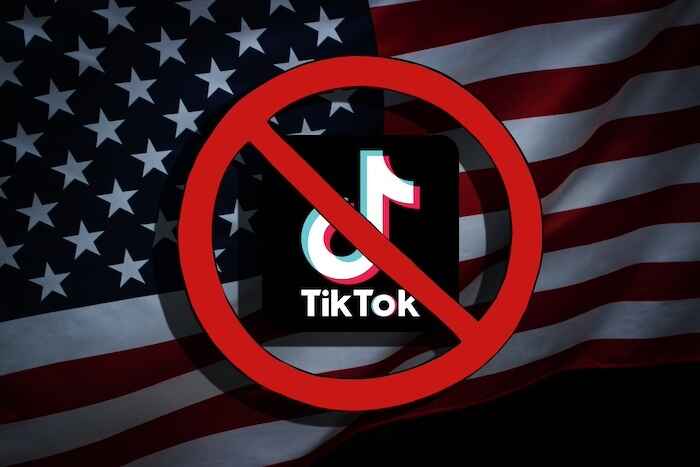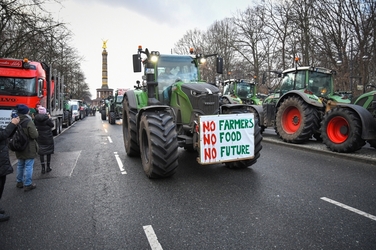Liberty Under Attack: The Next Prohibition Is Just a Vote Away
Joel Salatin|August 9, 2022

Righteous indignation is an interesting thing. It sounds good, but it tends to create problems when it gets legislated.
Most of us want to have righteous indignation. We believe it gives honor and sacredness to our agendas.
But when codified, it often sends us down slippery slopes.
A Weighty Problem
Perhaps the most obvious example is the Women’s Christian Temperance Union (WCTU).
In the late 1800s, drunkenness was a cultural problem. The WCTU crusaded for Prohibition, thinking their zealotry could force legislation that would end the imbibing of alcoholic beverages once and for all.
Of course, people have been drinking alcohol – from brandy to wine to beer – for all of recorded history. The very idea that something as normal as alcohol could be legislated away was quite a stretch.
But righteous indignation carries weight. People like to think they’re on the righteous side of an issue. (That generally beats being on the unrighteous side.)
Despite seemingly impossible odds, the WCTU grew into a powerful national political force and achieved the blanket prohibition of alcohol.
We all know it didn’t work. County fairs created tokens you could buy to see a painted pig in a tent and, while inside, drink booze for free. Clever circumventions were everywhere, including speakeasies, bootlegging and the bribing of law enforcement.
Here’s the biggest problem with Prohibition. It brought to American society the notion that the federal government had jurisdiction over what people ingested. In other words, as a political philosophy, it destroyed the personal autonomy that had underpinned our culture until then.
Once Congress has the undisputed power to determine what we can and can’t drink, all sorts of other powers fall into place.
The freedom to choose my sustenance seems about as basic as the freedom to choose my house of worship or the words I speak. But once righteous indignation takes hold and deems a certain behavior unacceptable to the point of criminality, it’s a slippery slope toward eliminating a host of other choices.
If the government can tell me not to drink alcohol, it also has the right to forbid me to drink raw milk or take unprescribed medical treatments.
A Better Solution
I saw this firsthand several years ago when my environmentalist friends wanted to outlaw genetically modified organisms (GMOs).
As a nonchemical farmer, I have many friends in the green movement. They couldn’t believe that I wouldn’t sign their petitions to outlaw GMOs. They viewed me as a turncoat.
To be sure, I’m extremely opposed to GMOs, but I’m more scared of losing freedoms through government dictates.
If the green side successfully outlawed GMOs – the terrible invention du jour – what might be outlawed next? Chickens on pasture that might rub beaks with wild geese that transport alleged avian flu? Right now in Virginia, if such a disease hits, outdoor chickens get outlawed. Yes, that includes backyard chickens.
A much better green response is to quit buying food containing GMOs.
If the money spent on conferences, magazine articles, rallies and travel associated with criminalizing GMOs were instead invested in public information campaigns to sway the market, the anti-GMO message would probably be better received.
Beyond that, though, what if the greenies asked for personal property rights protections from outfits like Bayer, which owns Monsanto? It’s fine to let Monsanto invent and explore, but if the brand’s products “trespass” on my property, the local law should permit filing charges against the owners of those products. But as a culture, we’ve given oversight of these issues to bureaucratic agencies, which essentially represent powerful interests to the exclusion of the rest of us.
Here’s how common law was supposed to work. If royalty trespassed on the commons, the people brought action against them, and the transgression was seen as an invasion of the commons. This is how water polluters were handled.
But in modern America, we’ve spurned that historically powerful and local-based remedy in favor of a technocracy that is both political and tyrannical. That’s a deadly combination. We see how that pairing acts each day.
I shudder whenever someone says “There ought to be a law” about whatever aggravation happens to be in the news that day. The last thing anybody should request is remedy by government because it’s the least reasonable solution.
Plenty of other platforms exist for us to vent our righteous indignation over grievances. The government should be the solution of last resort. By the time it wends its way through lobbyists and cronies, what started sincerely and with good intentions becomes a weapon in the hands of tyrants. Prohibition, for example, has enabled countless intrusions on personal liberty.
It’s too bad that in addition to stopping Prohibition, the 21st Amendment didn’t also say, “And from now on, the government cannot and will not tell people what to eat, drink or otherwise ingest.”
To be free in our persons, to express our autonomy as citizens and not slaves, requires an understanding that righteous indignation expressed through laws seldom achieves what we desire. (Think of the blight on Christianity that the Crusades left centuries later.)
I’m not an anarchist, but I do believe we need about 90% fewer laws than we have.
That would truly promote diversity and experimentation.

Joel Salatin
Joel Salatin calls himself a Christian libertarian environmentalist capitalist lunatic farmer. Others who like him call him the most famous farmer in the world, the high priest of the pasture, and the most eclectic thinker from Virginia since Thomas Jefferson. Those who don’t like him call him a bioterrorist, Typhoid Mary, a charlatan, and a starvation advocate. With a room full of debate trophies from high school and college days, 12 published books, and a thriving multigenerational family farm, he draws on a lifetime of food, farming and fantasy to entertain and inspire audiences around the world.





